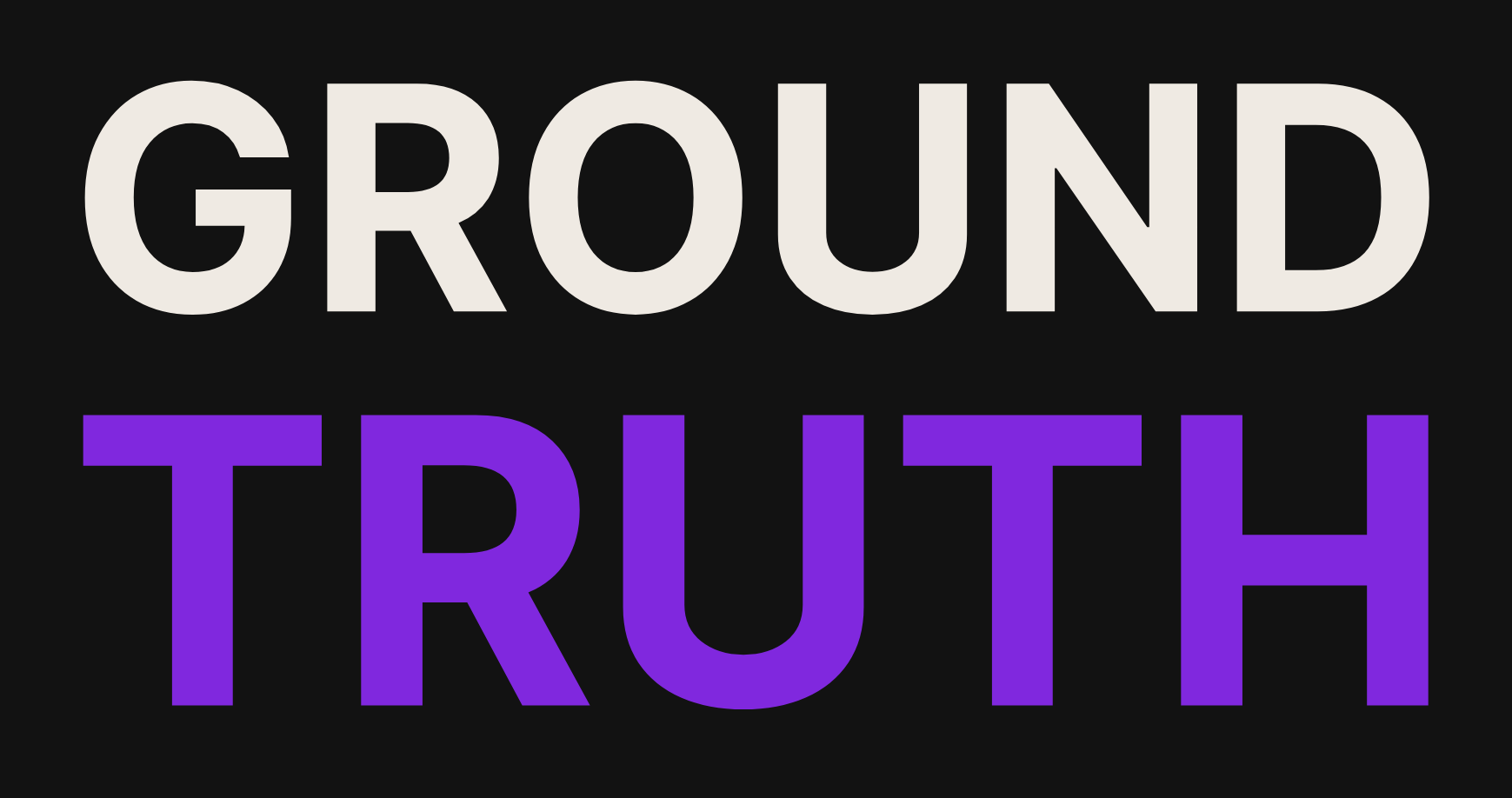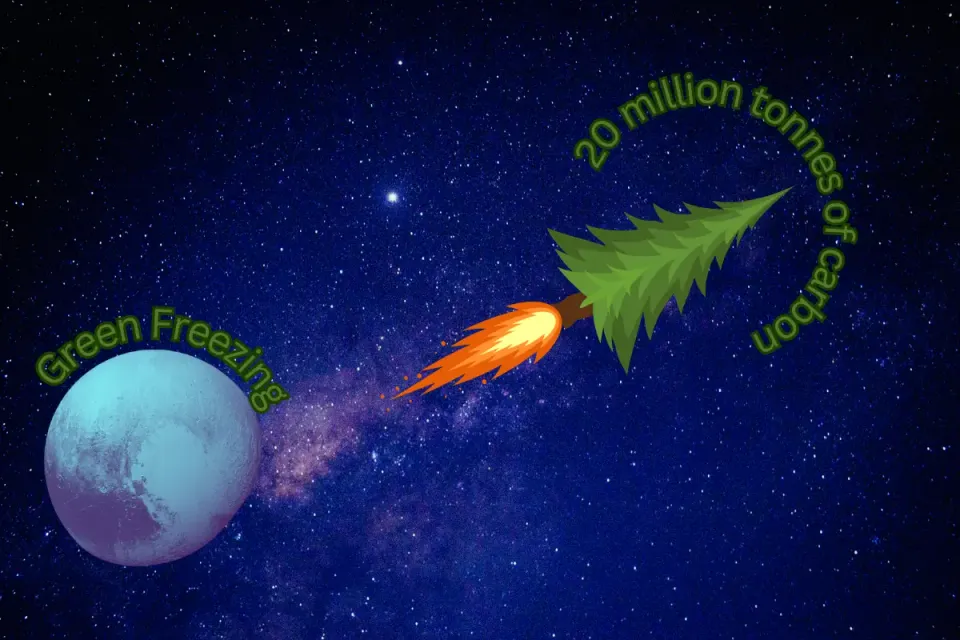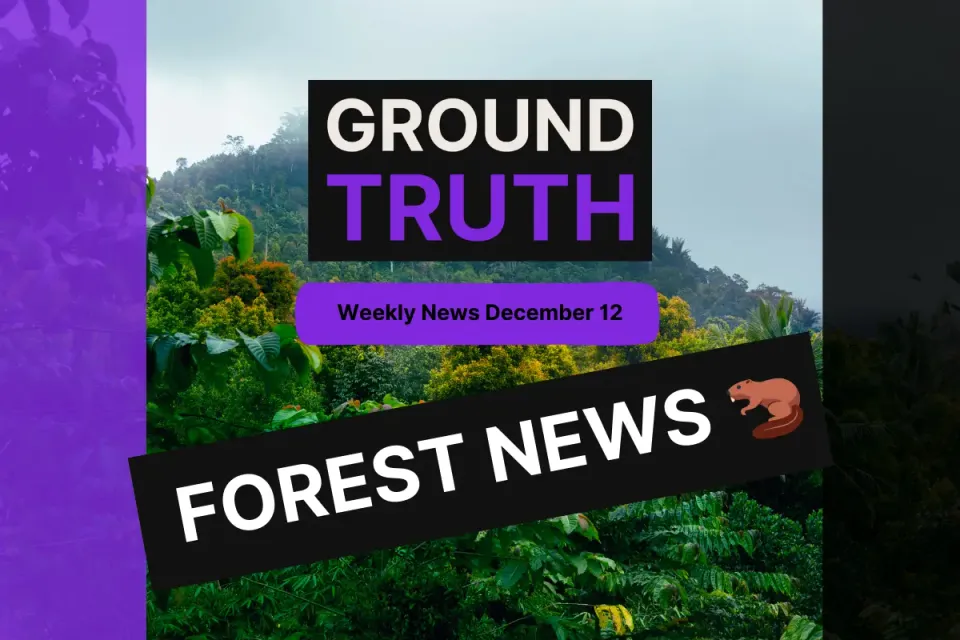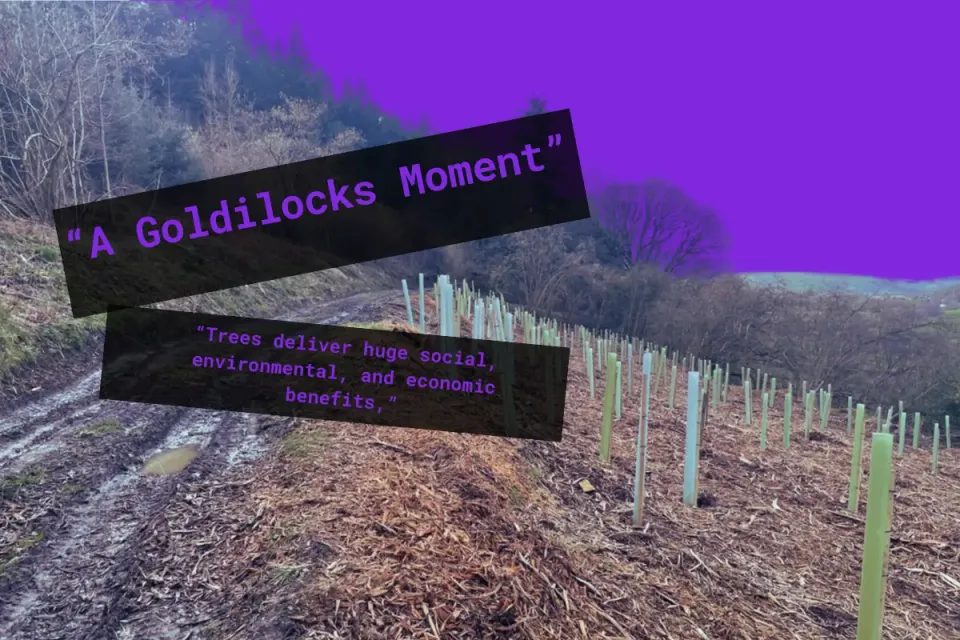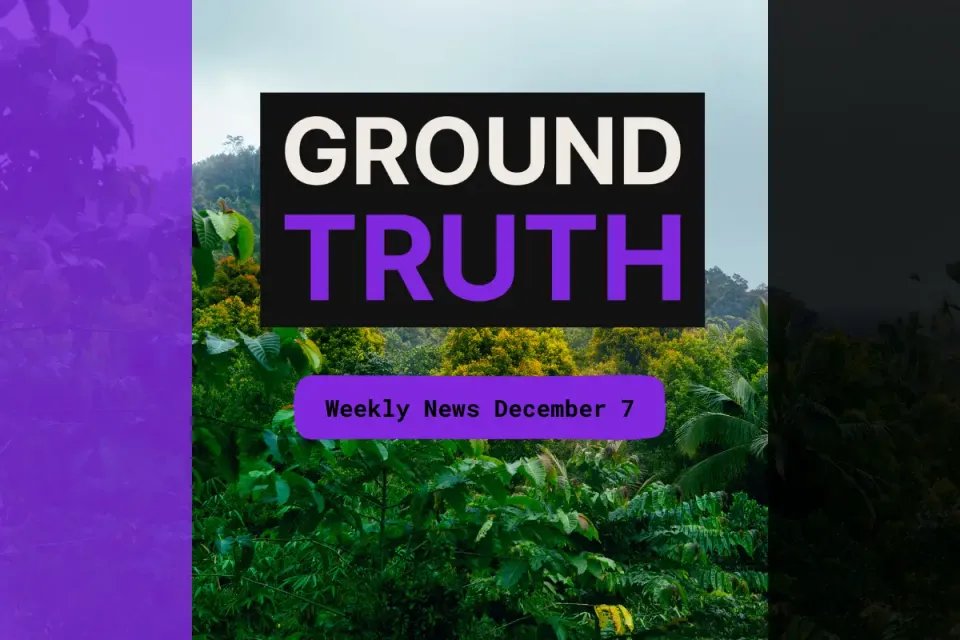Shining a Light on Climate Finance: Oxfam's Call for Transparency 💡🌍
According to Oxfam, this inconsistency makes it nearly impossible to assess the real impact of climate finance.
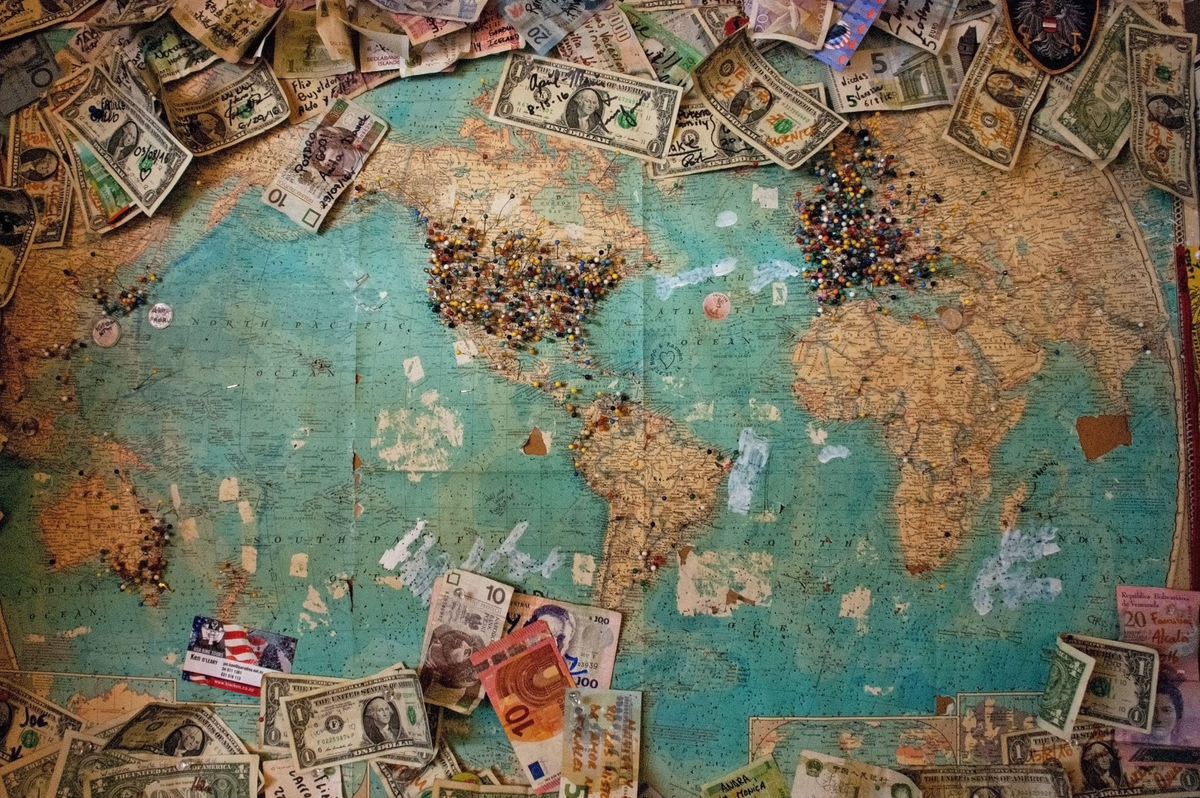
Why Accountability Matters for Climate Finance 🌱 💬
Oxfam's recent report, Climate Finance Unchecked, reveals significant gaps in how the World Bank tracks and reports its climate finance expenditures. Between 2017 and 2023, the disparity between planned and actual climate finance spending ranged from 26% to 43%, translating to a difference of 💰 $24 to $41 billion!
According to Oxfam, this inconsistency makes it nearly impossible to assess the real impact of climate finance on the ground. The report offers a pathway to enhance transparency and accountability, ensuring that climate finance is both effective and verifiable. ✅
Let's dive into it.
The Current State of World Bank's Climate Finance 🔍 🌍
The World Bank has positioned itself as a leader in climate finance, setting ambitious targets 📈 and attempting to integrate climate considerations into its development work. However, Oxfam’s report highlights that these claims are often based on preliminary figures 📊, with little follow-up to assess actual expenditures once projects conclude. This practice leaves a significant portion of the World Bank’s climate finance unverified, raising questions about the true effectiveness of these investments. The core issue lies in the gap between what is planned at the outset and what is ultimately delivered. 🤔
This likely doesn’t represent a malicious or scandalous misappropriation of funds—project details change all the time. Ask anyone who has been involved in a reforestation project, for example. In the World Bank's defense, they have incredibly stringent project reporting requirements, which you can view yourself (it’s very dense) 😴. However, this gap in reporting is a significant one and arguably could not have emerged at a worse moment.
Planned Acceleration 🚀
Since Ajay Banga became President of the World Bank in 2023, the institution has ramped up its climate efforts 🌱, committing to increase the share of its annual funding for climate initiatives from 35% to 45%, starting in fiscal year 2025 (which began in July). 📈 This shift coincides with COP convening in Azerbaijan, where climate finance is a central topic. Activists are calling on the Global North to pledge $5 trillion annually to support the Global South in transitioning to a greener future 🌍💰. The timing of this report, therefore, is especially critical.
Ammunition for Critics 💣
Critiques in the aftermath of these findings, such as those in The New York Post, highlight a significant challenge for global efforts 🌍: when organizations like the World Bank struggle with transparency, it fuels skepticism. This can complicate multilateral efforts that are vital for addressing global issues like climate change. Alleged gaps such as these allow critics to claim inefficiency or wastefulness 💸.
Yet, global collaboration and investing in our planet remain crucial. 🌱 These efforts provide the tools needed to tackle crises that no single country can solve alone. However, without clear and rigorous reporting, critics find it easy to undermine these efforts, making it harder to maintain public trust and support. So, what's the solution?
🛠️ Oxfam's Solutions: A Blueprint for Better Climate Finance Reporting 📋
Oxfam’s report outlines several concrete steps to improve climate finance reporting, aiming to create a more transparent and accountable system:
- 📢 Enhanced Transparency: Oxfam calls for the World Bank to disclose detailed climate finance assessments at the project component level, allowing for independent verification.
- 📅 Post-Project Assessments: To ensure that climate finance is delivered as intended, Oxfam suggests that the World Bank conduct climate finance assessments on completed projects and include these findings in its Implementation Completion and Results Reports (ICRs).
- 📑 Standardized Reporting: A move towards a standardized framework for reporting both planned and actual climate finance is critical. This would enable stakeholders to see where deviations occur and understand the reasons behind them.
- 🗄️ Public Database for Climate Finance: Oxfam advocates for a public, searchable database that tracks climate finance amounts at a granular level, including adjustments made during project implementation.
🔓 Openly Available Data: Building Trust Through Transparency 🤝
Central to Oxfam's recommendations is the belief that open information can drive better outcomes. A public climate finance database would not only provide greater transparency but also empower independent researchers, journalists, and civil society organizations to analyze the World Bank’s climate finance efforts. This openness could help rebuild trust in global climate finance systems 🌍, ensuring that funding is making a real difference in the fight against climate change. 🌿
Sure, data and numbers might seem dry to casual readers, but as Oxfam Africa’s David Abhudo points out, if even Oxfam struggles to access this information, shouldn’t the wider public be curious about how their money is being spent? It’s not about accusing anyone of mismanagement—it's about ensuring the receipts are easy to find and understand. For climate finance to build credibility at this pivotal time, open and accessible data is essential.
Oxfam's full report and recommendations are available for public viewing.
